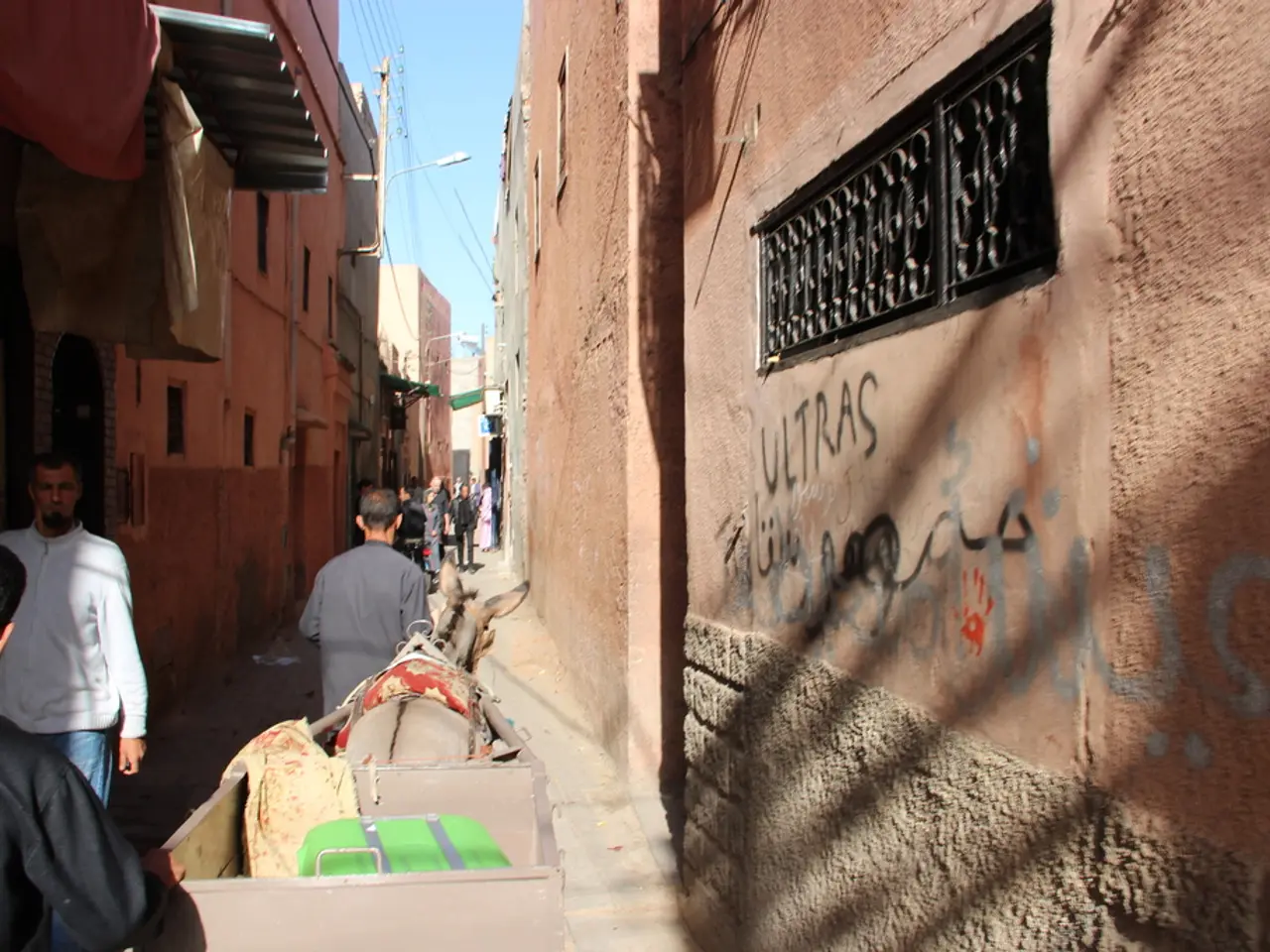"Netanyahu announces that he will permit the inhabitants of Gaza to depart."
The conflict in Gaza continues, with the Israeli military pursuing an offensive aimed at "liberating Gaza City from Hamas." This offensive follows a series of ceasefires, often brokered by regional or international mediators, which aim to reduce violence and allow humanitarian aid into Gaza.
Current Status of Ceasefire Negotiations
The negotiations have been complex and ongoing, with countries like Egypt playing a significant role in negotiating temporary ceasefires. These ceasefires aim to reduce violence and allow humanitarian aid into Gaza. However, lasting peace agreements have been elusive.
Both sides have conditions for a lasting agreement. Israel seeks guarantees of security and an end to missile attacks by Hamas, while Hamas demands an end to the blockade of Gaza and recognition of Palestinian rights.
Proposed Peace Plans
Various peace plans have been proposed, including the "Peace to Prosperity" plan by the United States, which was met with skepticism by many in the region for not adequately addressing Palestinian concerns. Other proposals involve economic development and territorial adjustments.
The traditional two-state solution idea, which involves Israel and Palestine coexisting as separate states, remains a widely discussed but difficult-to-achieve goal.
Outlook
The outlook for the conflict remains uncertain. Ongoing dialogue between Israel, Hamas, and regional mediators is crucial for achieving even a temporary reduction in violence. International support, particularly from the United States, Europe, and Arab states, is essential for any lasting peace agreement.
The humanitarian situation in Gaza remains a pressing concern, with widespread poverty and lack of infrastructure. The UN warns that 300,000 children in Gaza are at risk of acute malnutrition.
Several EU countries, including Italy, and non-EU countries like Australia and Japan, have signed a document demanding that Israel allow international NGOs to deliver aid and permit essential humanitarian workers to operate.
In the last 24 hours, 89 people have died in Gaza, with 31 killed at aid distribution centers. This underscores the urgent need for a lasting peace agreement and humanitarian aid.
Israel has announced that Gaza residents can leave the Strip, but it's unclear where Israel intends to resettle the approximately one million people crammed there, with the possibility of the South Sudan being considered.
Palestinian businessman and former PLO official Samir Hulileh is being considered for the role of Gaza's future government, with Arab League backing. Hulileh estimates $53 billion in investments are needed for Gaza's reconstruction, with Gulf states ready to contribute, but he also calls for significant engagement from the US and EU.
The killing of journalists has been a grim feature of the conflict, with Israel claiming that Al Jazeera reporter Anas Sharif, who was targeted in a raid, was paid by Hamas. Egypt, Qatar, and Turkey are working on a new peace plan and hostage release proposal to present to Hamas.
Given the dynamic nature of these negotiations, it's important to consult recent news sources for the most current information.
- The average casualty toll in Gaza over the past few weeks has been alarmingly high, with the UN warning that 300,000 children in Gaza are at risk of acute malnutrition.
- The ongoing conflict and blockade in Gaza, marked by war-and-conflicts, politics, and general-news, have left residents in dire need of substantial investments for reconstruction, as estimated by Palestinian businessman Samir Hulileh at $53 billion.







